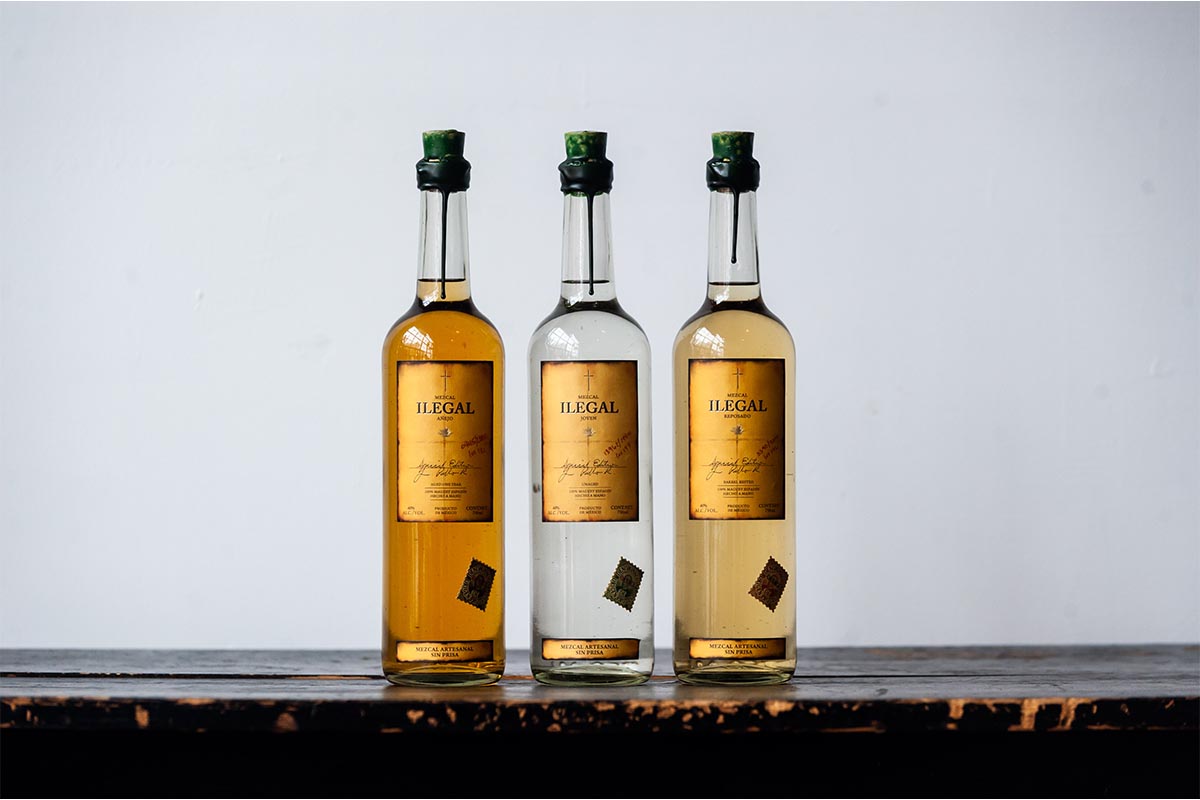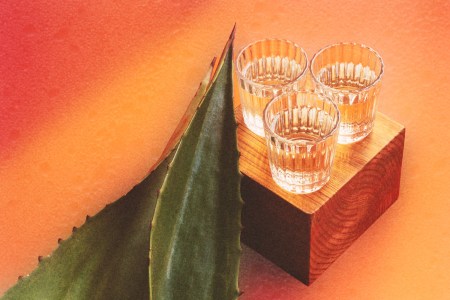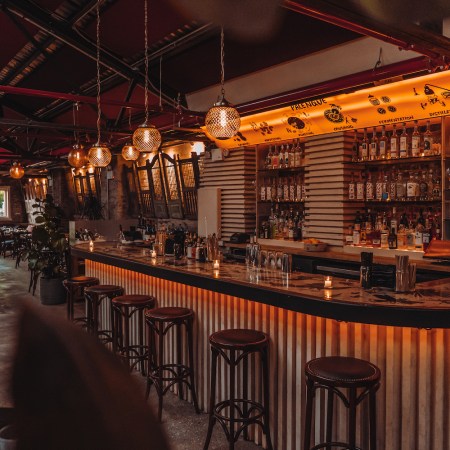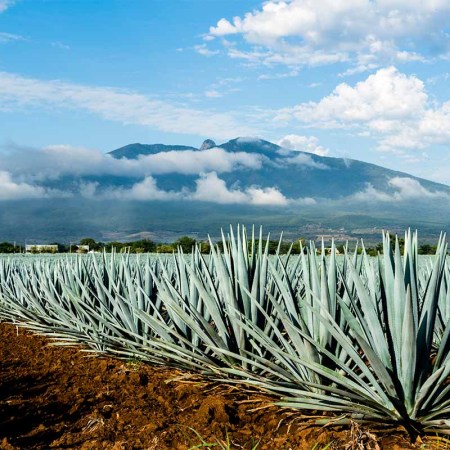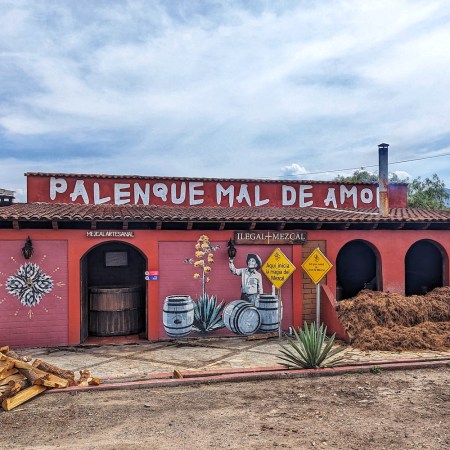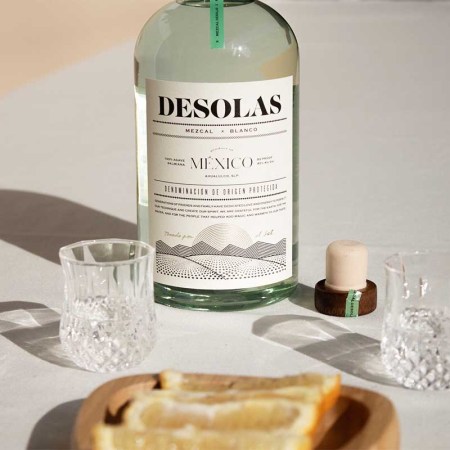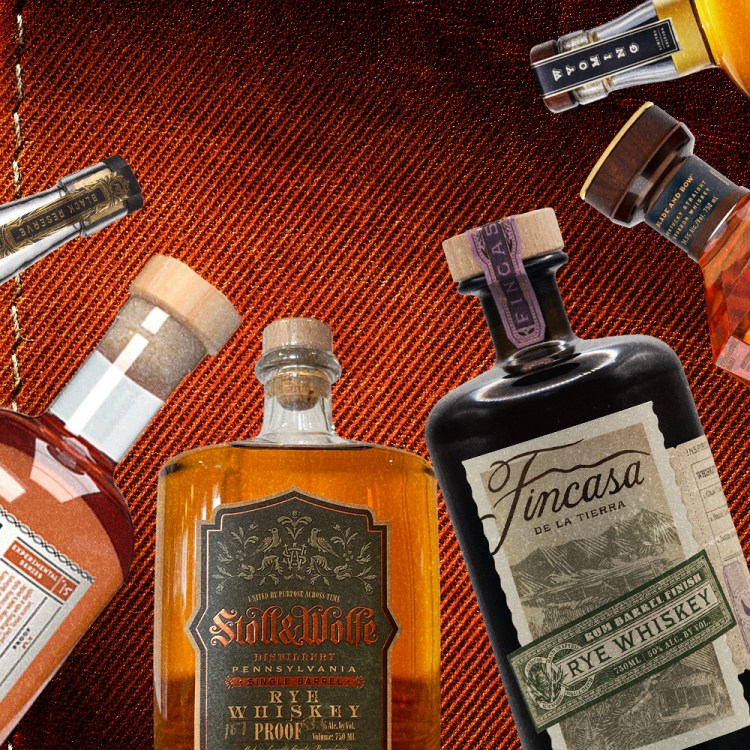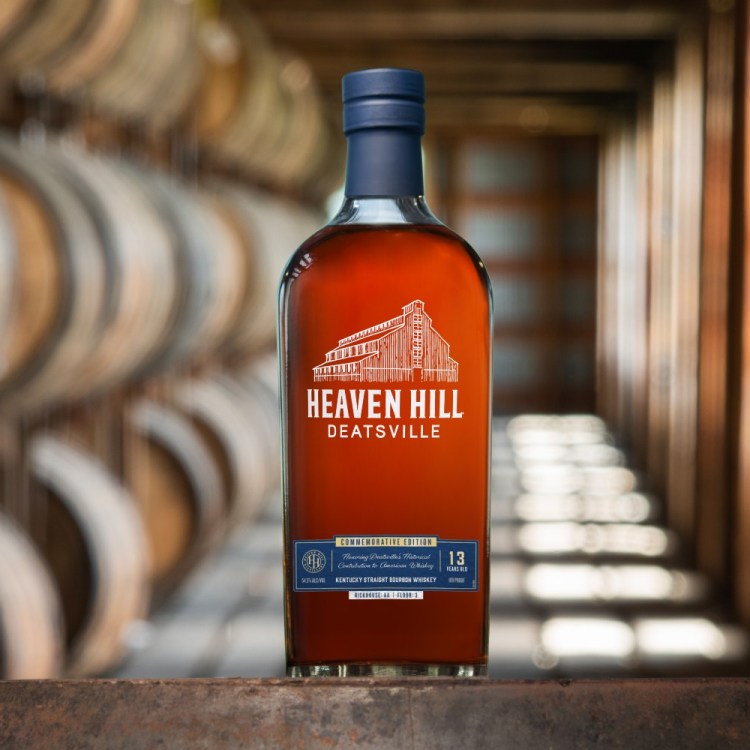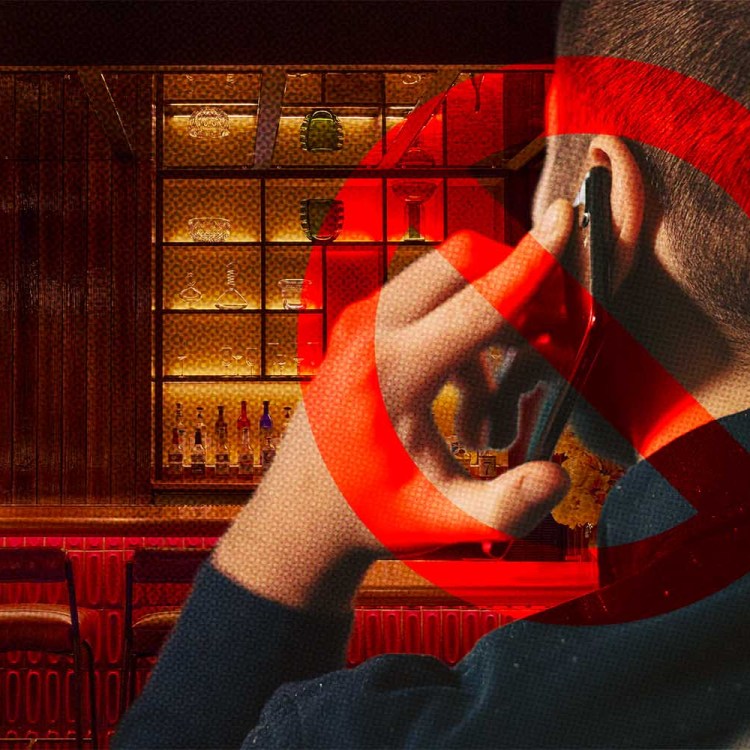Since I first heard that multi-national liquor company Bacardi had purchased Ilegal Mezcal earlier this fall, all I can think about is U2. You know, that obscure, upstart Irish rock band? But I’ll get back to that because that’s about me, and this article is about what the sale of Ilegal means to you.
Which begs the question: Who are you?
First, if you consider yourself an expert on mezcal, you can skip to the end. But if we trust the numbers (and I tend to trust the numbers), odds are you’ve never actually had mezcal. You’ve maybe read about it, heard that it’s tequila’s smoking-hot cousin. Or maybe it’s the tequila with the worm — the original I-dare-you-to-drink-it spirit before Malört — made that popular.
According to the Distilled Spirits Council of the United States (DISCUS), tequila and mezcal (reported together) sold 29,868,000 nine-liter cases in 2022. That’s about 9.8% of all spirits sold, which is significant. But that’s 9.8% for tequila and mezcal. If you run the numbers of the CRT and Comercam, the bodies that track sales of tequila and mezcal, respectively, you find that mezcal was about 2.4% of tequila by volume in 2022. That means mezcal represented just over one-fifth of 1% of spirits sales in the United States. If mezcal were people, it wouldn’t be as populace as Rhode Island. Have you ever lived in Rhode Island? No, and you probably (statistically) have had little mezcal.
Why Mezcal Deserves Your Time and Respect
The world’s most interesting spirit might also be the most difficult to understand — and one that may not survive its growing popularityPurely based on numbers, the sale of Ilegal Mezcal to Bacardi doesn’t mean anything to you. Or, more accurately, you don’t really even think about the sale of Ilegal to Bacardi. But in reality, you’ll likely be thinking about mezcal a lot in the near future — and that’s very much because of this sale.
“As a small brand, sitting alone, your leverage is limited,” says John Rexer, founder of Ilegal Mezcal. “Bacardi has a global reach as well as a dominant footprint in the US. They have a strong relationship with their US distributor, Southern Glazers Wine and Spirits. Being a part of their portfolio will certainly open doors to us that were difficult to access in the past. I believe we will have access to more national accounts. In addition, we will be able to grow markets that we were unable to focus on because of our size.”
That’s the big news from this sale. At a fraction of 1% of the market, you’ve likely never been anywhere near Mezcal. With the long arms of Bacardi, that’s going to change. It will be in your corner bar and your neighborhood liquor store. It’ll likely be featured in a cocktail wherever you drink, so you won’t even have to remember that you wanted to try tequila’s smoking-hot cousin – your bartender will ask you if you want it.
Secondly, when you try it, you’re going to like it. How do I know? Well, you’re in a bar, and my pals at DISCUS tell me that means you’re most likely drinking whiskey, which represents 25.5% of all U.S. spirits sales, more than any other category. (Though just edging out vodka, at 25.2%. I see you, vodka!) Whiskey is aged in wood barrels, which tends to frame the flavors in a specific way. Ilegal Mezcal does the same — they age much of their mezcal in wooden barrels. So the mezcal that Bacardi gets in front of you is going to be familiar, but different. Reminiscent, but original. And that’s what we like, things that are similar but different.
Or, anyway, that’s what hypothetical/statistical you likes because that person doesn’t know mezcal. But me? I’m in that tiny demographic within the United States that not only knows mezcal, but thinks about it daily, talks about it ad nauseam and drives on the dried-up riverbeds that Google Maps thinks are roads to meet the families who make it. And that’s what gets me thinking about U2.
I loved U2 before I heard them. I’d read an interview with Pete Townshend in what I think was Trouser Press in what I think was 1980. He saw U2 as the future, and to an avid fan of The Who, that was enough for me. When I finally got my hands on Boy, I loved it as much as I knew I would. And I thought everyone who wasn’t listening to them were uninformed. Behind the curve. Lived in yesterday’s world of dust-covered Queen and Kenny Loggins records.
A few years later, everyone loved U2. And to me, it felt like they were old news. Stuck in a rut. A commercial sell-out. Not because they had changed, because now they were everyone’s band. Not just a band for Pete and me.
The tiny population that inhabits Mezcal Island rages at the news that Bacardi has purchased Ilegal. We think everyone should be drinking mezcal, but we are bitter when it looks like everyone will be drinking mezcal. We like it when we go to a new bar, order a mezcal and get a knowing wink from the bartender.
It may get me kicked off of Mezcal Island — and, to be fair, I’ve been asked to leave a few times already — but I think this is a Beautiful Day. I mean, yes, it’s going to be hard to balance the potential financial rewards for the mezcaleros in Oaxaca with the pressure this puts on the state’s already-delicate resources. I’d be even more delighted if the sale included moving production away from Oaxaca and the growing agave espadin monoculture — if the sale had meant moving Ilegal to, say, Durango to make this a mezcal distilled from agave cenizo Or to Guanajuato and agave salmiana to take some of the pressure off of Oaxaca, which makes something like 90% of all Mezcal.
But Ilegal has never been anything but supportive of the mezcaleros they work with and the communities from which they source their mezcal. And I’m confident they included in the sale protections for both. I’m equally confident that, as the market for mezcal expands, Bacardi will find it necessary to expand production into other states, in the same way that Pernod Ricard’s purchase of Del Maguey has led them to open a distillery for their Vida expression in Puebla.
And, ultimately, I’m hopeful that all of these new mezcal consumers who are about to join the island are welcoming to those who come after them and are mindful of how their consumption of mezcal affects the place from which it comes — and that we’re all more mindful of how our consumption patterns of everything reshapes our environment. It’s hard (maybe impossible) to be a good steward in everything we consume. But if we can be a little more thoughtful today than we were yesterday, we may get to a place where the impossible appears possible.
Every Thursday, our resident experts see to it that you’re up to date on the latest from the world of drinks. Trend reports, bottle reviews, cocktail recipes and more. Sign up for THE SPILL now.
